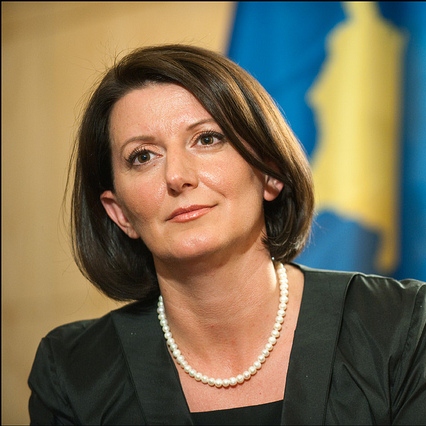
Fighting corruption: Effective examples from surprising places
What could Hong Kong, Liberia, and Kosovo teach us? Perhaps, rather unexpectedly, about successful ways of dealing with public corruption. Corruption is effectively a hidden tax on living and doing business in many emerging democracies and, as a result, is one of the most serious obstacles to deepening democracy and economic development. It is particularly dangerous when corruption turns into a culturally accepted practice.
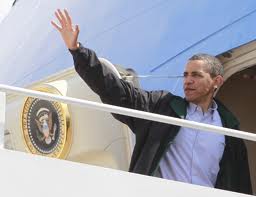
Flyover: Why Europe is no longer a top destination for Air Force One
After fresh re-election, Barack Obama skipped Europe. And no one is surprised. Instead, he made his first foreign trip to Burma (Myanmar), Cambodia and Thailand, thus clearly indicating the priorities of US foreign policy in the next four years.

Deepening Democracy in Europe: Participatory budgeting is a solution to the austerity vs democracy conundrum
In its mission statement the Global Commission on Elections, Democracy and Security points out that while elections are vital to democracy, on their own they are not sufficient. According to, “Deepening Democracy”, a recent report, elections also need integrity. They are right. But elections are insufficient in at least another respect too. Democracy is not limited to casting a ballot once every four or five years; the nature of democratic government also manifests itself in the period between elections. This is best exemplified by the current sovereign debt crisis in the Eurozone.
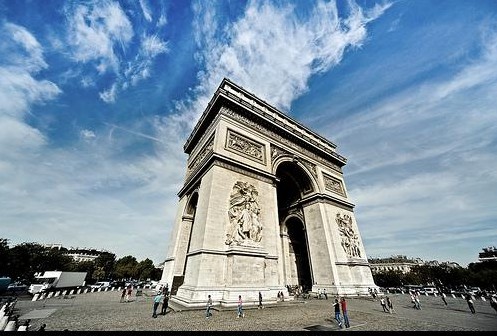
Crisis on the Left: The problem of liberalism in France is the state’s lack of introspection
The Anglo-Saxon understanding of ‘liberalism’ can be contrasted with the continental European understanding of the term, especially the French one. The liberal tradition in the United Kingdom or the United States refers to ‘social-liberalism’. In France, liberalism is often associated with the Anglo-Saxon conception of ‘economic-liberalism’ involving deregulation and a free market economy, which are, to an extent, alien to French views of the state and the economy. But liberalism is more than free market capitalism; it also relates to the role of the state.
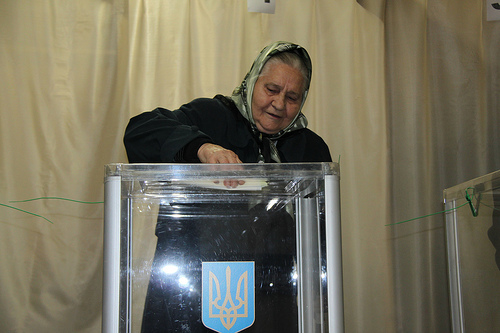
Ukrainian elections 2012: Another demonstration on how money and fraud can keep hold of power
Ukrainian politicians have special talent for surprising the international community. First are the results. More eyebrow-raising is special way of organising them. This time Ukraine’s parliamentary elections, held back at the end of October, started quite well. But while the voting process itself has been described as fair by most international observers, the political campaign and the actual counting of the votes – no doubt the most important part of the democratic election process — has been characterized by the abuse of power, the excessive role of money, extraordinary events such as power cuts in the polling stations, fights between representatives of the parties, accusations of fraud and scandals in denying observers access to polling stations.
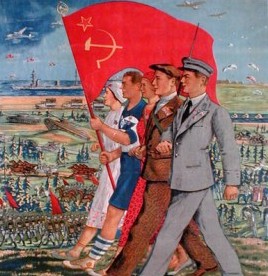
Who cares about Transnistria? Linkage and Leverage: External actors and conflicts in the post-Soviet space
The colour revolutions in Georgia (“Rose” 2003) and Ukraine (“Orange”, 2004) seemed to promise that countries on the North and East of the Black Sea would shake off their “post-Soviet” label and take a firm and unwavering road towards Europe and the US. Perhaps the states of Central Asia would choose a similar route. Russia would have to take a back seat. A resurgent Russia under Putin has destroyed much of this myth, not least because of Russia’s involvement in the de facto states which have arisen from conflicts: South Ossetia and Abkhazia (Georgia), Nagorno-Karabakh (Armenia/Azerbaijan) and Transnistria (Moldova). Russian influence after 200 years of empire runs deep, but local factors also have a bearing; the EU and US have not applied sufficient drive or resources to the region, or to the conflicts, to balance or check Russia.
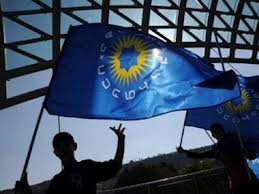
Georgia’s Election: Georgian Dream won a shock victory, but we should have seen this coming
On the first of October, 2012, Georgia held parliamentary elections. In Western capitals and analytical circles, it was widely believed that Mikheil Saakashvili’s ruling United National Movement (UNM) would be returned to power. Most polling on political rankings supported this expectation. Some analysts had suggested that the highly unequal impact of Georgia’s impressive growth record was generating significant social discontent, undermining the ruling party’s position. Deepening inequality, sporadically high inflation, persistently high unemployment, and deepening poverty might translate into opposition votes. These people were dismissed as misinformed or deluded cranks, me included.
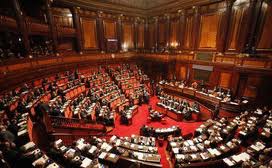
The Crisis of the Italian Second Republic: In a right mess, but are the alternatives any better?
History, as Marx taught us, likes to repeat itself: the first time in the form of a tragedy; the second, a farce. What may be unique about Italy, though, is it’s often hard to distinguish between the two. This is a country where the situation is often tragic but never serious.









